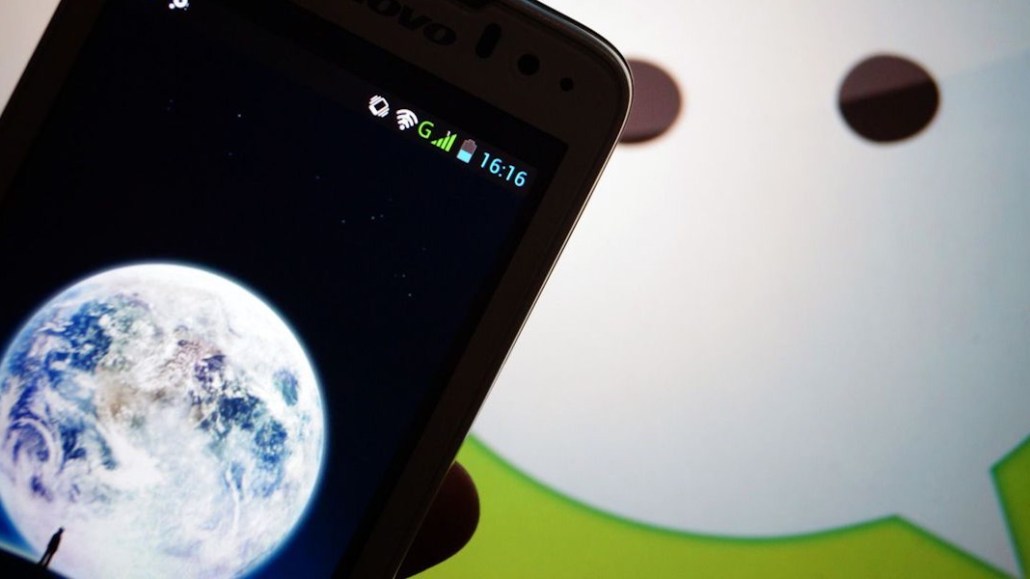Last chance to save on Digiday Publishing Summit passes is February 9

If you live in the U.S., “social payments” is relegated to Venmo and its emoji-powered money transfers.
But compare that relatively thin offering to China’s WeChat, the do-everything messaging app that is the cornerstone of Chinese digital life. WeChat lets users execute peer-to-peer payments, top up their mobile phones, pay utility bills and book plane, train and movie tickets or book a karaoke session – to name just a few things. If China is any indication, social networks and messaging services could be killer apps for money transfer; WeChat is already leading that movement.
“WeChat is kind of a de facto operating system and has massive, massive usage,” said Sean Neville, cofounder and president of bitcoin wallet turned social payments app Circle. “There isn’t anything quite like that in the West.”
Just yet. But when WeChat, or a WeChat-like clone, finally hits the U.S., it’s going to look different. There’s more competition in the U.S., so there will probably be a few players as opposed to one “winner.” And although the U.S. payments system desperately needs an upgrade – sending payments is excruciatingly slow and expensive – it works well enough; how much U.S. customers benefit from paying in new ways with new technologies doesn’t yet outweigh trained behaviors that don’t want to change.
More in Marketing

GLP-1 draws pharma advertisers to double down on the Super Bowl
Could this be the last year Novo Nordisk, Boehringer Ingelheim, Hims & Hers, Novartis, Ro, and Lilly all run spots during the Big Game?

How food and beverage giants like Ritz and Diageo are showing up for the Super Bowl this year
Food and beverage executives say a Super Bowl campaign sets the tone for the year.

Programmatic is drawing more brands to this year’s Winter Olympics
Widening programmatic access to streaming coverage of the Milan-Cortina Games is enabling smaller advertisers to get their feet in the door.





